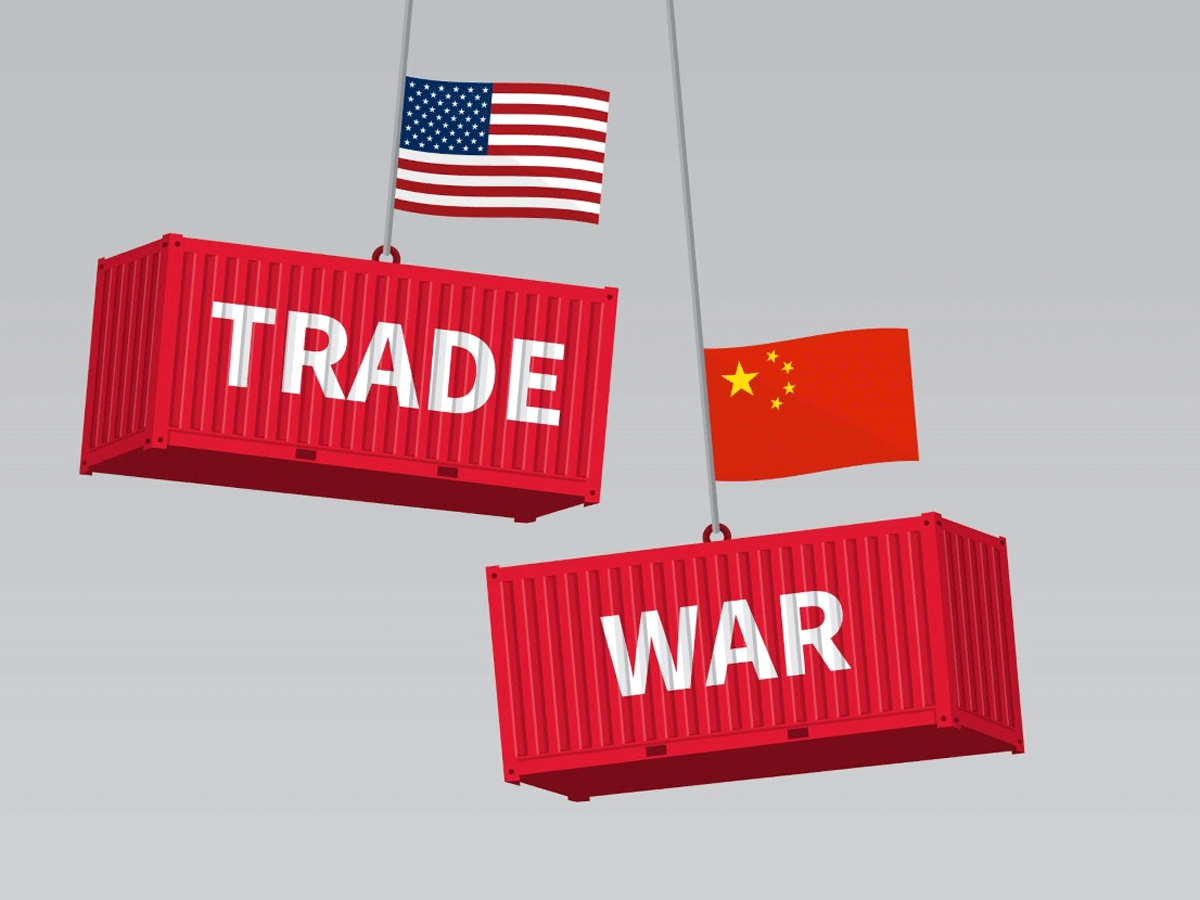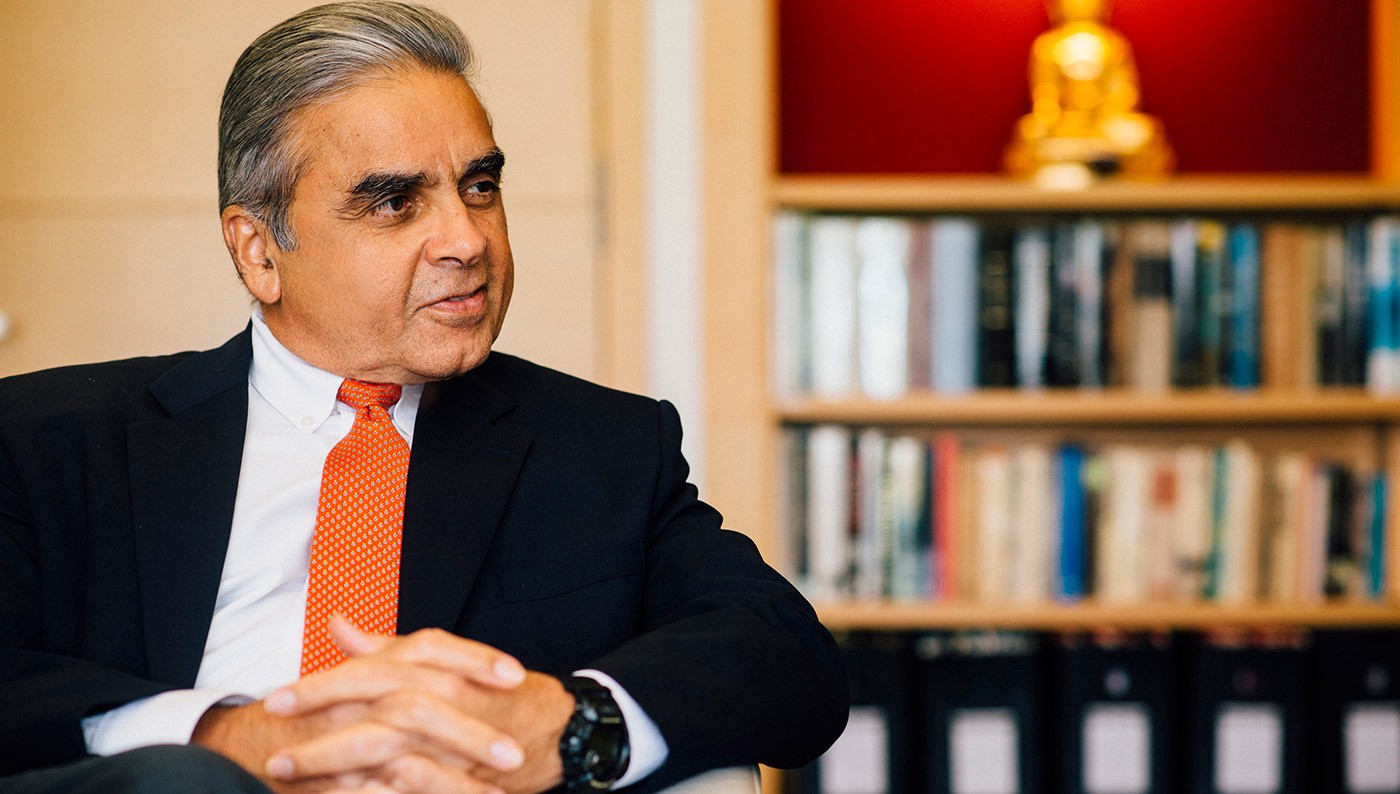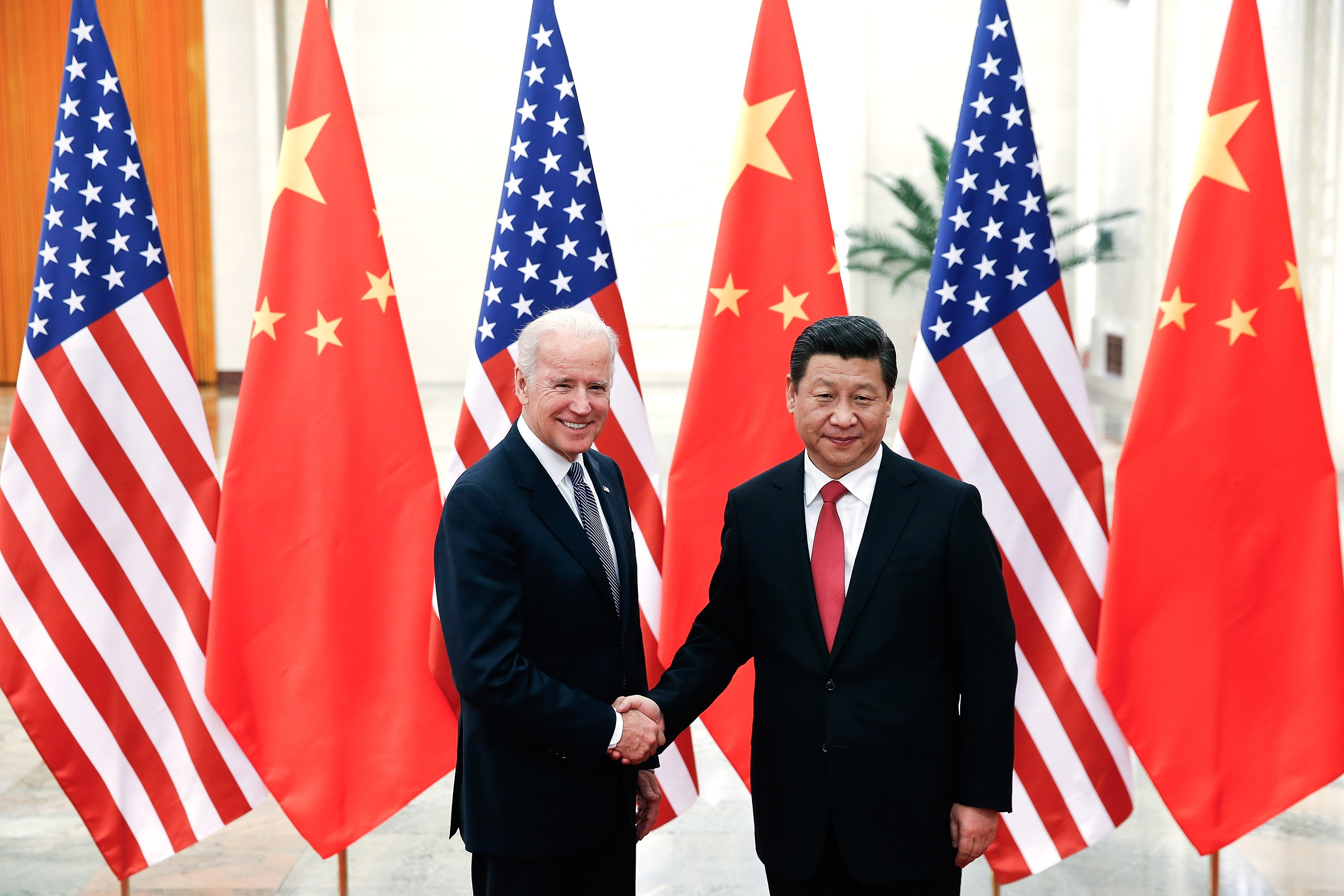President Joe Biden has ushered in a fresh start for American politics. Only after a few weeks in the White House Biden is surrounded by challenges but his greatest task is dealing with a progressive China on all fronts. China is breaking all records of development and dominance and in less than 40 years China has expanded its share of international trade by over ten times. Trade was just the start; China is now increasing its military and technological strength at a break-neck speed. Its regional power and confidence in international politics is remarkable. There is a thin red line now, too much pressure and Biden can involuntarily initiate another Cold War which will not benefit anyone with a potential for massive warfare, too little of it and America will lose its position of power to China in almost all sectors of global governance. The situation is more complex than it looks and there are micro-engines that must be deciphered before they can be acted upon for the benefit of all. Hopes and fears co-exist between Washington and Beijing.
The United States and China have gone through multiple phases of diplomatic ties and relations. Although the Chinese civilizations is over 4000 years old, the modern-day China was set in motion in the 1980s. In the beginning, the United States dealt with China similar to the Soviet Union. The narrative from the United States was of propagation of liberties and democracy. Slowly and steadily, the Central Communist Party turned the tables on its initial depravity. China began its journey and, in a decade, took leaps and bounds. Henry Kissinger was one of the first diplomats and scholars who introduced China to American politics, it was an uneasy relationship. After the collapse of the Soviet Union the Americans continued on the same lines with China. The Americans never accepted that Russian Communism could be successful and they proved it by any means necessary. The same could not be held true for China. After 2000, China surprised the world as major corporate entities shifted their industrial concerns to China. Cheap labor, industrialization, lower costs, political stability, zero corruption and business-friendly policies sky-rocketed the Chinese Government profits. Efficiency and commitment became the hallmark of Chinese governance and by 2010 China had lifted millions of its poverty-stricken people out of abject poverty. Without democracy, China had done the unthinkable.

To this new China, that was progressing unlike the Soviet Union, the Obama administration practiced an overly cautious approach. The result China was able to take advantage and made in-roads into the world of Global Governance as a significant player. The United Nations, World Bank, World Trade Organization among others could no longer ignore China when drafting international policies. The Democrats did not want to initiate another Cold War and so, dialogue and mutual consultation was preferred. This was an enabling environment for the Chinese Government. China attracted global corporate investments and conglomerates, becoming a world leader in exports.
The Trump administration took a hostile approach instead and slapped import tariffs to curb Chinese growth. China responded with equal aggression and imposed import duties on American goods. The relations between China and America reached their lowest point. Trump and his idea of over-nationalism withdrew the American influence from international politics, China once again capitalized on this. Under Xi Jinping, China simply took over the stage. Beijing is now seen as a more responsible world leader than Washington. In Climate Change, United Nations and Trade, China adopted a leader’s role in governance. As a consequence, BRICS was born and at a later stage, OBOR and CPEC. Trump wanted to promote American businesses by hurting Chinese trade advantage and ended up doing the exact inverse of what he intended. Biden has already announced that Trump’s policies towards China will not continue, WTO and its regulations will not be ignored.
Biden had worked for Barack Obama for 8 years and was among the top diplomats on Obama’s team. But he is not in a position to repeat Obama’s policies on China, there is a fine line that he has to walk. China is now very different from the time when Obama was president and it is set to overtake United States in trade and GNP by 2025. In the years of Trump, China has become much more assertive and confident on its position, making it even more challenging to deal with for Biden.
Just after Biden assumed office China dispatched its latest warplanes and Navy contingents towards Taiwan. The United States has already invested over 5 billion Dollar worth of arms sales to Taiwan. Further, the United States has promoted its ties in Asia as an alliance against China. Japan and India have readily come forward to counter Chinese influence but to no avail. The Chinese military is effectively equipped to counter American deployments at sea and land. Any misadventure could be catastrophic to both sides. In Hong Kong, China is determined to take hold and has swiftly countered any attempts to initiate discord.
Biden’s own team of diplomats drafting Chinese policy are divided and there are contesting views. The United States Government can promote healthy competition on the commercial side and a cold peace on the security matters, which could bring encouraging news for all parties involved. On the other side, there is a consensus that China’s growth is the greatest threat to American power in Asia and beyond, without effective counter-measures, America will lose control and its interests all over the globe to China. The worst alternative could be a full-fledged military conflict or even the initiation of a Third World War. For now, Xi Jinping has openly made the comment that the old Cold War mentality needs to change.

Professor Kishore Mahbubani is an exceptional scholar on the topic of United States versus China. In his book and lectures, he has repeatedly pointed out that American politics is overly stubborn. The Chinese are a reality and the world cannot be unipolar again. America as a nation is only 250 years old, while the Chinese are a 4000 years old civilization. He makes a valid point that America must admit that democracy and Free Market are not the only way to progress and that dominance and healthy competition does not necessarily mean confrontation. With this approach in mind, the Biden administration should focus on understanding before they decide to oppose and counter. Democracy comes with its own baggage and it does not fit everyone. China is now a living example of excellence in One Party Rule Governance and without accepting the reality of its political structure, there can be no productive dialogue.
Joe Biden has issued over 200 executive orders reversing the strategies taken by the Trump administration. The route that Biden takes for China will have a butterfly effect on millions, if not billions. China seems determined and unhindered. The projects and diplomatic ties administered from Beijing are of global magnitude. If Biden takes a confrontational path, China is ready for that as well. It is a convoluted and intricate mix of interests versus conflict, pressure versus co-operation. After Trump, Biden is to begin from zero. China has extended a positive gesture by welcoming Biden but it has also clearly signaled that it will not be dictated. South China Sea, Taiwan, Hong Kong, Climate, Iran, Trade and WHO are only few of the antagonizing points. Biden will have to tread carefully if a better tomorrow is to be conceived for both the American and the Chinese people.




